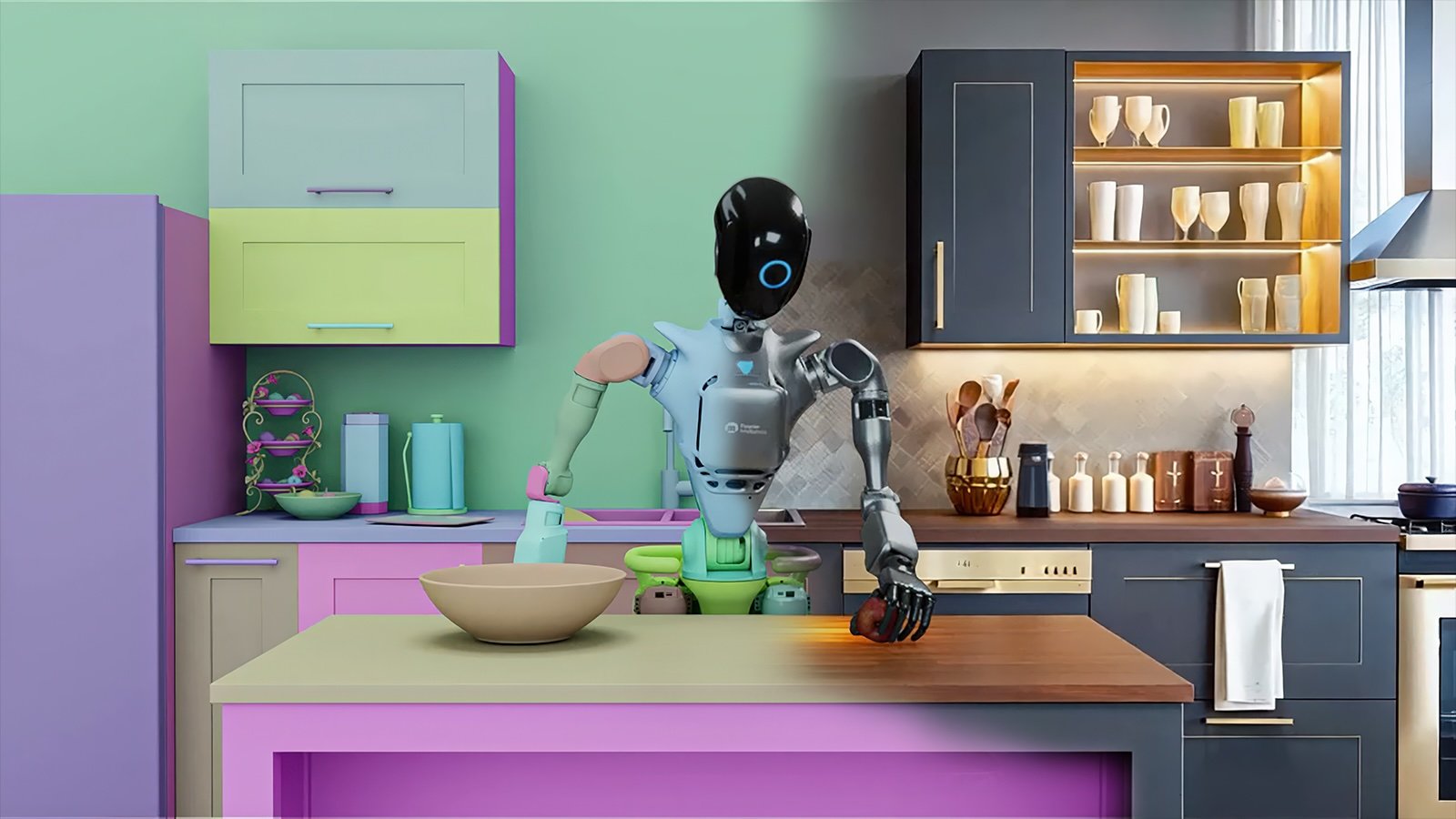OpenAI's o3 Model: Transforming the Landscape of Software Development

Image Credit: Jonathan Kemper | Splash
OpenAI's recent unveiling of the o3 model marks a significant milestone in artificial intelligence, poised to redefine software development paradigms. This advanced AI model exhibits exceptional reasoning capabilities, enabling it to tackle complex tasks that traditionally required human intelligence.
[Read More: OpenAI's 12 Days of AI: Innovations from o1 Model to o3 Preview and Beyond]
Advancements in AI Reasoning
The o3 model represents a substantial leap in AI reasoning. Trained through reinforcement learning, it employs a "private chain of thought" approach, allowing it to deliberate and plan before generating responses. This methodology enhances its problem-solving abilities, particularly in areas demanding step-by-step logical reasoning. Notably, o3 achieved a score of 87.7% on the GPQA Diamond benchmark, outperforming typical PhD-level experts who average around 70%.
[Read More: OpenAI Unveils o3: Pioneering Reasoning Models Edge Closer to AGI]
Performance Benchmarks
The o3 model has demonstrated superior performance across various benchmarks:
ARC-AGI Benchmark: Achieved a score of 75.7% with standard compute and 87.5% with high compute, setting a new standard in AI reasoning capabilities.
Frontier Math Benchmark: Solved 25.2% of problems, a significant improvement over previous models that did not exceed 2%.
SWE-Bench Verified: Scored 71.7%, compared to 48.9% for its predecessor, o1, indicating enhanced proficiency in software engineering tasks.
[Read More: Cracking the Code: How MMLU is Revolutionizing Language Understanding in AI]
Implications for Software Development
The integration of AI models like o3 is set to revolutionize software development. By automating intricate coding tasks, o3 allows developers to focus on higher-level aspects such as design, user experience (UX), and business strategy. This shift emphasizes the importance of creating user-centered applications that align with business objectives, moving beyond mere code writing to holistic software creation.
[Read More: ChatGPT Pro vs. Plus: Is OpenAI's $200 Plan Worth the Upgrade?]
Evolving Role of Developers
While AI handles technical complexities, the role of developers is evolving rather than diminishing. Future developers will need to blend technical expertise with creativity and strategic thinking. Understanding AI functionalities, guiding AI systems effectively, and refining outputs to meet specific goals will become essential skills. This evolution encourages a multidisciplinary approach, integrating design, UX, and marketing expertise into the development process.
[Read More: The Next Leap in AI Reasoning: How Reinforcement Learning Powers OpenAI's o1 Model]
Looking Forward
OpenAI's o3 model signifies a transformative advancement in AI, with profound implications for software development. By automating complex coding tasks, it enables developers to concentrate on creating seamless, user-centered experiences that drive real-world results. The future of software development is becoming increasingly collaborative and multidisciplinary, with AI models like o3 at the forefront of this evolution.
Source: Interesting Engineering, OpenTools, TechCrunch, Wikipedia
We are your source for AI news and insights. Join us as we explore the future of AI and its impact on humanity, offering thoughtful analysis and fostering community dialogue.









